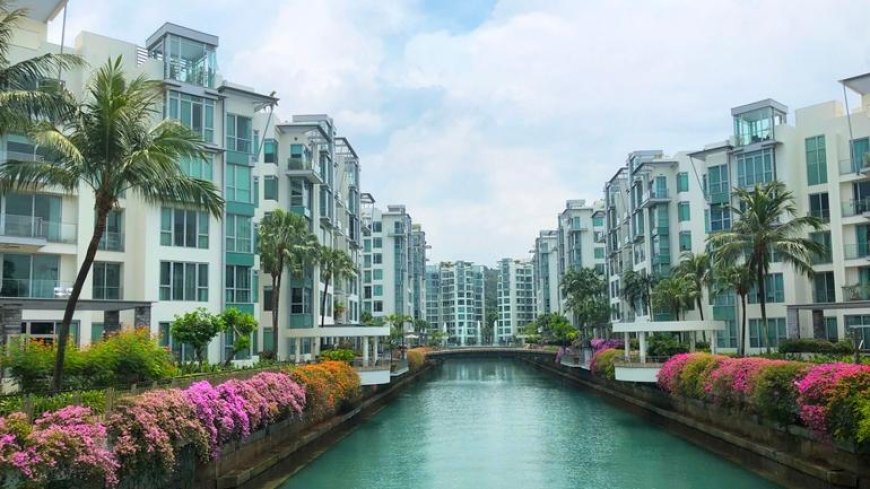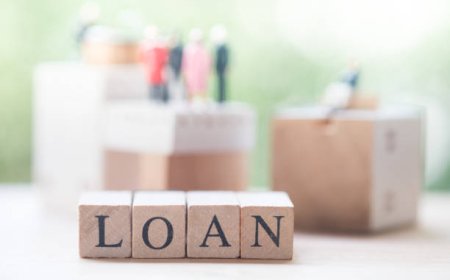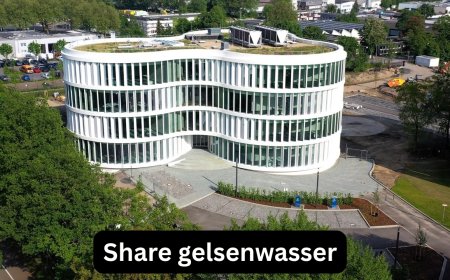How to Buy a Second Property in Singapore
Buying a second property in Singapore can be a rewarding investment, whether you’re looking for rental income, long-term capital appreciation, or simply a second home for your family. However, the process is not as straightforward as buying your first property. With additional taxes, stricter loan rules, and financial considerations, it’s essential to understand the entire landscape before you take the plunge.

Why Consider a Second Property?
There are several reasons why Singaporeans or Permanent Residents (PRs) might want to purchase a second property:
-
Rental Yield: Generate passive income from renting out the unit.
-
Asset Diversification: A way to diversify beyond stocks or CPF investments.
-
Legacy Planning: Passing on wealth to future generations.
-
Capital Appreciation: Property values generally increase over time, especially in strategic locations.
However, purchasing a second property also means more financial obligations and regulatory requirements. Let’s look at what you need to prepare.
Understand Your Eligibility
Before anything else, you must ensure you're eligible to buy a second property.
For Singapore Citizens:
-
No restrictions on owning multiple private properties.
-
Can own an HDB flat and a private property only after meeting the 5-year Minimum Occupation Period (MOP).
For Permanent Residents:
-
Can only purchase a second private property.
-
Cannot own both an HDB and a private property.
For Foreigners:
-
Can buy private condos freely.
-
Need approval from the Land Dealings Approval Unit (LDAU) to purchase landed property.
Additional Buyer’s Stamp Duty (ABSD)
This is the biggest financial consideration when buying a second property.
| Buyer Type | ABSD Rate for Second Property |
|---|---|
| Singapore Citizen | 20% |
| Singapore PR | 30% |
| Foreigner | 60% |
| Entity/Company | 65% |
So, if you’re a Singapore Citizen buying a second home worth $1 million, you’ll need to fork out $200,000 in ABSD.
This is why many investors carefully evaluate whether the potential rental or capital gains outweigh the high upfront costs.
Total Debt Servicing Ratio (TDSR)
The TDSR limits how much you can borrow based on your income.
-
Currently capped at 55% of your monthly gross income.
-
Includes all debts like car loans, student loans, and credit card debt.
-
If you’re already servicing a mortgage for your first property, your loan quantum for the second will likely be much lower.
Pro Tip: Pay down existing debts and increase your income to qualify for a higher loan on your second property.
Loan-to-Value (LTV) Limits
When buying a second property, the amount you can borrow decreases.
-
First Property: Up to 75% (if loan tenure is ≤ 30 years).
-
Second Property: Max of 45% LTV if you still have an outstanding mortgage.
You’ll also need to pay at least 25% in cash or CPF and another minimum 5% in cash upfront.
Using CPF for Second Property
You can use CPF savings from your Ordinary Account (OA) for:
-
Down payment (except the minimum 5% in cash).
-
Monthly mortgage payments.
However, you must set aside the Basic Retirement Sum (BRS) in your CPF before using any excess for the second property.
As of 2025, the BRS is $102,900 at age 55.
Should You Sell or Keep Your First Property?
This is a common dilemma.
Keeping the First Property
-
You’ll incur ABSD on the second purchase.
-
Can collect rental income from the first property.
Selling the First Property
-
Can avoid ABSD if you buy the second property within 6 months.
-
More financing flexibility.
-
You must plan the transition carefully to avoid being left without a place to live.
Tip: Some buyers purchase the second property under their spouse's name to reduce ABSD exposure.
Consider Legal and Miscellaneous Costs
Other costs to account for:
-
Legal Fees: ~$2,500–$3,500 depending on the lawyer and property value.
-
Valuation Fee: ~$300–$500.
-
Property Tax: Owner-occupied vs. non-owner-occupied rates differ significantly.
-
Maintenance Fee: Especially for condominiums and private estates.
-
Insurance: Fire, home content, and mortgage insurance.
Where to Buy a Second Property
If you're buying for investment, focus on:
-
Mature estates: Like Bukit Timah, Bishan, or Marine Parade.
-
Growth areas: Such as Tengah, Punggol, or the Greater Southern Waterfront.
-
Near transport hubs: MRT proximity boosts rental and resale value.
-
Near schools or business hubs: More tenant demand.
Strategic Tips for Buying a Second Property
-
Do a detailed ROI analysis: Consider rental yield, capital appreciation, and tax obligations.
-
Explore dual-key units: Allows you to live in one part and rent the other.
-
Leverage one name strategy: Have the first property under one spouse’s name, and the second under the other to avoid ABSD.
-
Buy before you sell, carefully: Consider bridging loans if needed but understand the risk.
-
Use property platforms: Such as PropertyGuru or 99.co to track market prices.
Final Thoughts
Buying a second property in Singapore is not just about affordability—it’s about strategic planning, understanding tax implications, and maximizing your investment potential. The high ABSD and tightened loan rules can be daunting, but with the right approach, it can be a lucrative move.
Always consult a licensed property agent, financial advisor, or lawyer before making any major decisions. And remember, every property decision is unique—tailor your strategy to your financial goals and risk tolerance.
Important Link
Tampines Street 95 EC Developer
Tampines Street 95 EC Project Details
Tampines Street 95 EC Location
Tampines Street 95 EC Site Plan
Tampines ECs Compared Why Street 95 Stands Out
How to Get a Home Loan with Bad Credit
The Role of Executive Condominiums in Bridging Singapore’s Property Gap
Why Singapore Condos Are Ideal for Young Professionals
How to Choose a Condo with Great Rental Yield in Singapore
Family-Friendly Condo Amenities to Look for in 2025
Tampines Street 95 EC Urban Pulse Deep Dive
Tampines Street 95 EC Developer
Tampines Street 95 EC Location
Tampines Street 95 EC Site Plan
Tampines Street 95 EC Sim Lian
Tampines Street 95 Executive Condo
Tampines Street 95 Executive Condominium
Tampines Street 95 EC Project Details





































































